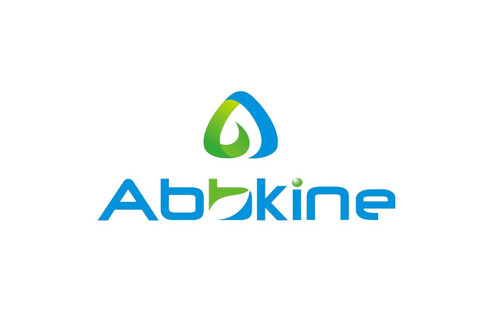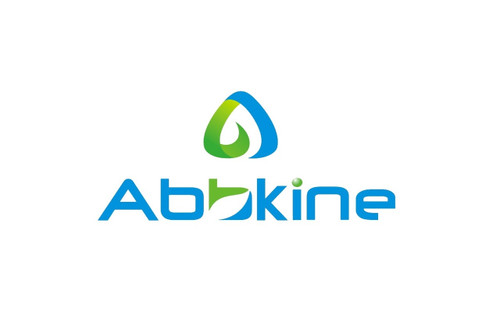Product Description
Mouse Prokineticin receptor 2 (PROKR2) ELISA Kit | AE25775MO | Abebio
Species Reactivity: Mouse (Mus musculus)
Abbreviation: PROKR2
Alternative Name: GPR73L1; GPR73b; GPRg2; KAL3; PKR2; dJ680N4.3; G protein-coupled receptor 73-like 1
Application: ELISA
Range: Request Information
Sensitivity: Request Information
Intra-Assay: ≤6.7%
Inter-Assay: ≤10.5%
Recovery: 1, 04
Sample Type: Serum, Plasma, Other biological fluids
Detection Method: Sandwich
Analysis Method : Quantitive
Test Principale: This assay employs a two-site sandwich ELISA to quantitate PROKR2 in samples. An antibody specific for PROKR2 has been pre-coated onto a microplate. Standards and samples are pipetted into the wells and anyPROKR2 present is bound by the immobilized antibody. After removing any unbound substances, a biotin-conjugated antibody specific for PROKR2 is added to the wells. After washing, Streptavidin conjugated Horseradish Peroxidase (HRP) is added to the wells. Following a wash to remove any unbound avidin-enzyme reagent, a substrate solution is added to the wells and color develops in proportion to the amount of PROKR2 bound in the initial step. The color development is stopped and the intensity of the color is measured.
Product Overview: Prokineticins are secreted proteins that can promote angiogenesis and induce strong gastrointestinal smooth muscle contraction. The protein encoded by this gene is an integral membrane protein and G protein-coupled receptor for prokineticins. The encoded protein is similar in sequence to GPR73, another G protein-coupled receptor for prokineticins. Lin et al. (2002) cloned human GPR73L1 (PROKR2) by PCR of a pooled testis and fetal brain cDNA library. They also cloned GPR73 (PROKR1), which shares 85% overall sequence identity with GPR73L1. The greatest divergence between the proteins is in the N terminus, and both share about 80% sequence identity with mouse Gpr73. RT-PCR detected expression of GPR73L1 in brain, testis, small intestine, ovary, thyroid, pituitary, and salivary gland.
Stability: The stability of ELISA kit is determined by the loss rate of activity. The loss rate of this kit is less than 5% within the expiration date under appropriate storage condition. The loss rate was determined by accelerated thermal degradation test. Keep the kit at 37°C for 4 and 7 days, and compare O.D.values of the kit kept at 37°C with that of at recommended temperature. (referring from China Biological Products Standard, which was calculated by the Arrhenius equation. For ELISA kit, 4 days storage at 37°C can be considered as 6 months at 2 - 8°C, which means 7 days at 37°C equaling 12 months at 2 - 8°C) .
 Euro
Euro
 USD
USD
 British Pound
British Pound
 NULL
NULL












